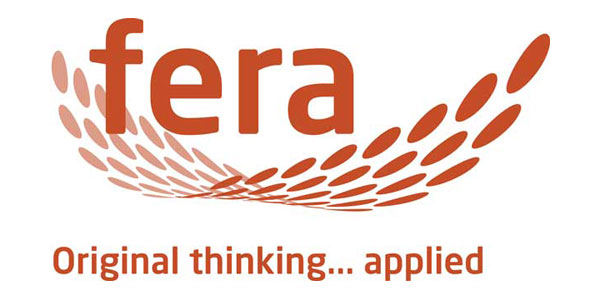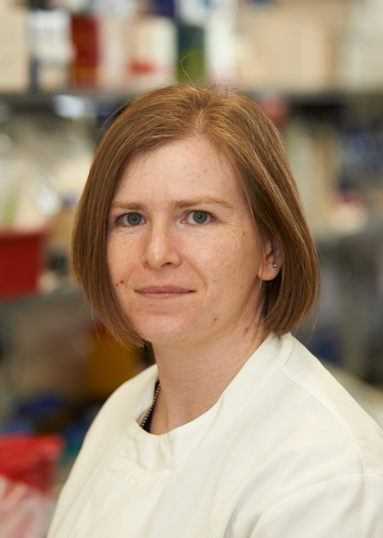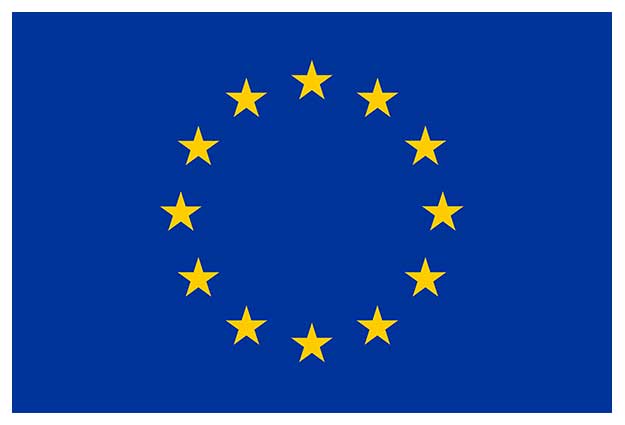Partner's general description and participants

Fera Science Ltd.
www.fera.co.uk
FERA Science Limited (formerly the Food and Environment Research Agency) employs over 450 staff delivering robust evidence, rigorous analysis and expert professional advice to government and industry. The Plant Health Group of FERA numbers over 160 staff and specialises in R&D, risk assessment, plant pathology, epidemiology and diagnostic testing and as such is part of the NPPO for the UK. The Detection and Surveillance Technologies team has pioneered the development of molecular approaches for the routine detection, characterization and identification of a wide range of pathogens and pests. The diagnostics laboratory is an early adopter of technology and is specialist in bringing technologies through from the research bench to the routine testing laboratory to deliver robust, quality assured results to its major government and industry clients.
Role and participation in the project
- Fera will lead WP4 that will assess the demand for tools (a multi-actor view of current and future tests) as well as their impact via a cost benefit approach
- Fera will participate in performing validation studies, organising and participating in method performance studies. (WP1)
- Fera will be involved in exploring how non-targeted methods such as NGS can be validated and participate in drafting guidance and standards on how this can be done (WP3)
Participants
Glyn JONES
Glyn is an experienced environmental economist who has worked on a range of environmental projects including the mid-term evaluation of the Rural Development Programme, projects on greenhouse gas mitigation methods in relation to the agriculture industry, and a number of projects on invasive species and food quality. Prior to his environmental work, Glyn worked in finance and micro- and macroeconomics, which gives him a broad view of policy issues across voluntary, economic and regulatory schemes. Glyn is currently engaged in a number of projects relating to the social and economic impacts of plant and tree pests/diseases and sustainable intensification/mechanism options for agriculture.
Barbara AGSTNER
Barbara is a socio-economist with a research interest in environmental and behavioural economics. With a Master’s Degree in Environmental Governance, Barbara started working for Fera Science in 2015, where she is involved in several projects on economic and social aspects of the detection and control of plant pests and diseases.
Jenny TOMLINSON
Jenny is a molecular biologist with 15 years’ experience in the design, development and deployment of molecular diagnostic technologies. She has been involved in many projects in support of EU and UK Defra plant health policy. While at Fera, Jenny has published more than 30 peer reviewed papers and 6 book chapters, which have been cited more than 1300 times.
Catherine HARRISON
Catherine is a molecular biologist at Fera involved in the development of a National Pesticide Resistance Management Unit for CHAP (Centre for Crop Health and Protection), researching the mechanisms involved in fungicide and pesticide resistance, designing molecular detection assays and methodologies for laboratory (Next Generation Sequencing and PCR) and in-field testing (LAMP and PCR). Catherine has extensive experience in designing, optimising and validating molecular detection methods for a wide range of pests and pathogens specialising in in-field detection. Catherine is also an experience microbiologist starting her career at Fera in the Food microbiology team.





